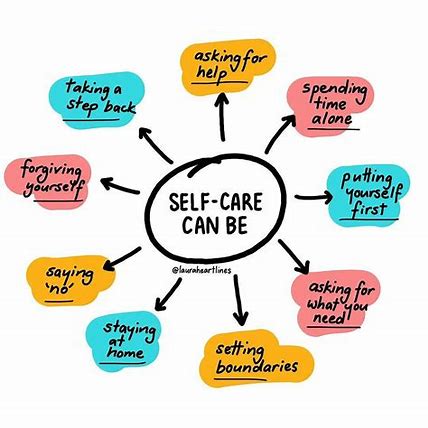Nurturing Minds : Mental Health Awareness Week.
16/05/2024 In the hustle and bustle of our daily lives, especially those of us who work closely with the younger generation, the importance of mental health can sometimes slip through the cracks. With Mental Health Awareness Week running from Monday13th May to Sunday 19th May, it’s a poignant reminder for us—carers, education staff, office staff, and parents—to refocus on what truly matters: our mental well-being and that of those around us.
In the hustle and bustle of our daily lives, especially those of us who work closely with the younger generation, the importance of mental health can sometimes slip through the cracks. With Mental Health Awareness Week running from Monday13th May to Sunday 19th May, it’s a poignant reminder for us—carers, education staff, office staff, and parents—to refocus on what truly matters: our mental well-being and that of those around us.
This year, the theme aims to reduce stigma, promote understanding, and empower young people to prioritize their mental health. To contribute to this noble cause, I reached out to various individuals, posing a simple yet profound question: “What two things do you do to improve your mental health?” The responses were as diverse as they were insightful, providing a treasure trove of strategies that I hope will inspire others to find new ways to manage their mental health.
Finding Balance and Peace Amidst Chaos
The feedback highlighted that there isn’t a one-size-fits-all approach to managing mental health. Here are some of the shared strategies:
- Nature Walks: Stepping away from the confines of four walls and immersing oneself in nature was a recurring theme. The tranquillity of natural surroundings acts as a balm, easing stress and fostering a sense of peace.
- Mindfulness and Meditation: Many have turned to mindfulness exercises and meditation to centre themselves. These practices help in cultivating an awareness of the present moment, steering thoughts away from anxiety about the future or regrets of the past.
- Creative Outlets: Engaging in creative activities such as reading, writing, or playing music was another popular method. Creativity offers an escape, allowing individuals to express themselves in non-verbal ways and find solace in the act of creation.
- Physical Activity: Whether it’s yoga, running, or wild swimming, physical exercise emerged as a vital tool for managing mental health. The physical exertion releases endorphins, improving mood and decreasing feelings of depression, anxiety, and stress.
- Connecting with Loved Ones: In our digital age, making time for face-to-face connections is more important than ever. Conversations with friends and family provide support, understanding, and a sense of belonging.
- Digital Detox: Taking breaks from the digital world was highlighted as essential for mental well-being. Reducing screen time, especially before bed, can help improve sleep quality and reduce anxiety.
- Structured Routines: Establishing a daily routine can provide a sense of order and predictability, which is comforting during times of stress. This includes setting aside time for self-care activities.
Mental Health Awareness Week serves as a reminder that our mental health deserves attention and care. The strategies shared by individuals from various walks of life underscore the importance of finding what works best for each of us. Whether it’s taking a moment to breathe, finding joy in creative expression, or seeking solace in nature, these activities not only improve our mental health but also enrich our lives.
It’s crucial to remember that seeking professional help when needed is a sign of strength, not weakness. Together, by sharing our experiences and strategies, we can foster a supportive community that uplifts and empowers everyone to take charge of their mental well-being.
As we continue to navigate the complexities of life, especially in roles that involve shaping young minds, let us take these insights to heart. By prioritizing our mental health and encouraging others to do the same.
In closing, I encourage you to reflect on the simple question, “What two things do you do to improve your mental health?” and consider incorporating new strategies into your routine. Remember, taking care of your mental health is not a luxury—it’s a necessity.
Mental Health Awareness Week is not just a campaign; it’s a call to action. By adopting even just one or two of these strategies, you can make a significant difference in your life and the lives of those around you. Prioritize your mental well-being; it’s the best investment you can make in your future and the future of our young people.


